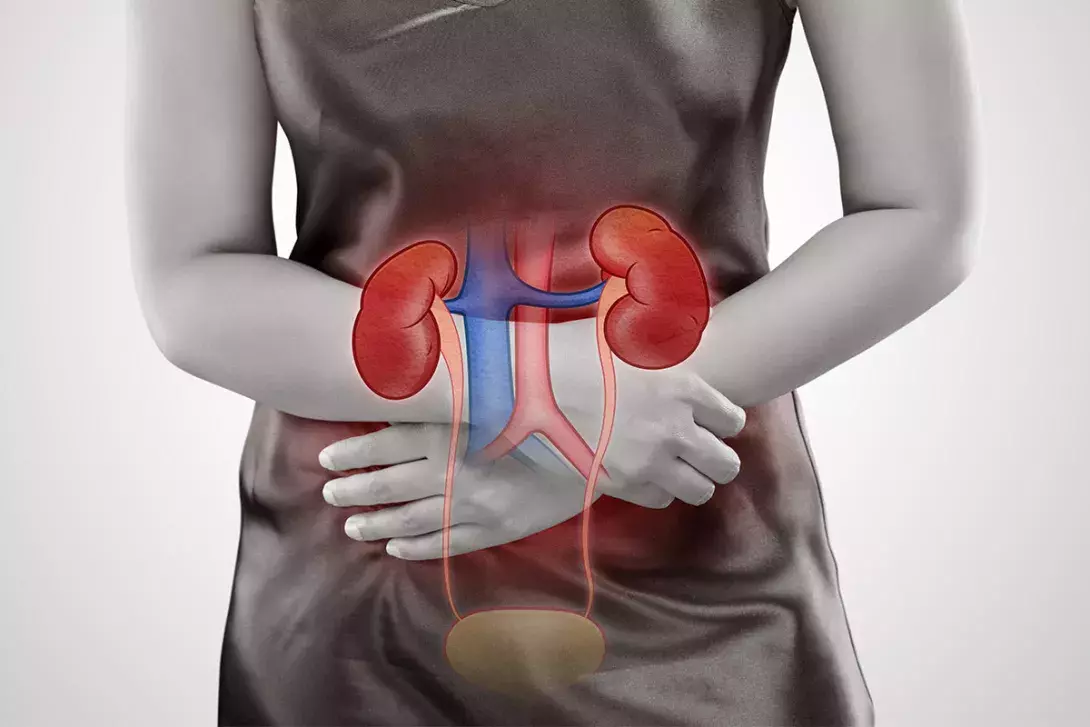By Destiny Uko
Urinary Tract Infections, commonly referred to as UTIs, are among the most frequently diagnosed infections worldwide, especially in adult females. They occur when bacteria invade any part of the urinary system, including the kidneys, ureters, bladder and urethra.
Whereas UTIs are common to both men and women, they are predominant among women due to their shorter urethra, which allows bacteria to access the bladder more quickly.
Risk factors
UTI typically starts with some obvious symptoms. One is a strong, frequent desire to pee, typically in small droplets that are unusually dark and offensive. Urination may also be accompanied by a burning sensation and even traces of blood.
In some cases, fevers and fatigue are sometimes reported if the infection gets to the kidneys.
A 2022 study confirms that Escherichia coli (E. coli) accounts for up to 80–90% of cases of UTIs. The bacterium typically enters the urinary tract due to poor hygiene habits. Sexual activity can also introduce bacteria into the urethra, making women more prone.
E. Coli may also be introduced into the body through contact with unwashed hands, particularly after using the restroom or during extreme sexual activities involving fingers.
Other risk factors include holding urine in the bladder for too long, dehydration, wearing tight underwear, especially overnight, and using harsh feminine products around the genitals. People with weakened immune systems, diabetes, or kidney stones are also more vulnerable. According to the Center for Disease Control and Prevention (CDC), those who use urinary catheters or diaphragms for contraception may also be at risk.
Treatment
Urinary Tract Infections are usually treated by taking antibiotics prescribed by a medical consultant. It’s important to complete the entire course even if symptoms disappear steadily, to avoid recurrence or resistance. Also, early treatment is pertinent to avoid complications like kidney infection or bladder troubles, which can pose hazards in the long term if ignored.
Prevention
Staying hydrated is an effective measure against developing UTIs. Drinking enough water regularly helps wash away potential bacteria before they get to settle in.
It is also helpful to urinate immediately after sexual activity to remove any introduced microbes.
Wearing breathable, comfortable cotton underwear and avoiding overly tight clothes can reduce the risk of bacterial growth in the genital area.
Good hygiene is paramount. Avoid douching and using gentle soaps or scented products around your genital areas.
Wash hands thoroughly after defecation and sex before touching your genitals.
Conclusion
UTIs are common but manageable. Understanding their causes, recognising symptoms early and maintaining good hygiene are the primary steps towards prevention. Avoid self-medication with unverified herbal remedies, and always seek professional advice from a licensed healthcare provider if symptoms arise.
Urinary Tract Infections (UTIs) are prevalent infections mostly affecting adult females due to their shorter urethras, which allow easier bacterial entry. UTIs often present with symptoms like frequent urge to urinate, burning sensation, and possible blood in urine, and may lead to fever and fatigue if the kidneys are involved. A significant cause is the bacterium Escherichia coli, often introduced through poor hygiene or sexual activity. Additional risk factors include improper urinary habits, dehydration, wearing tight clothing, and using certain feminine products. Compromised immune systems, diabetes, or use of urinary catheters further increase vulnerability.
Antibiotics prescribed by a healthcare professional are the standard treatment for UTIs, with adherence to the full course being crucial to prevent recurrence. Early intervention is vital to prevent complications such as kidney infections. Preventive measures include maintaining hydration, urinating post-coitus, wearing comfortable clothes, and practicing good hygiene, including handwashing after using the restroom or having sex.
Overall, UTIs are manageable with proper understanding and preventative care. It is important to avoid self-medication and seek professional healthcare advice when symptoms are present.






